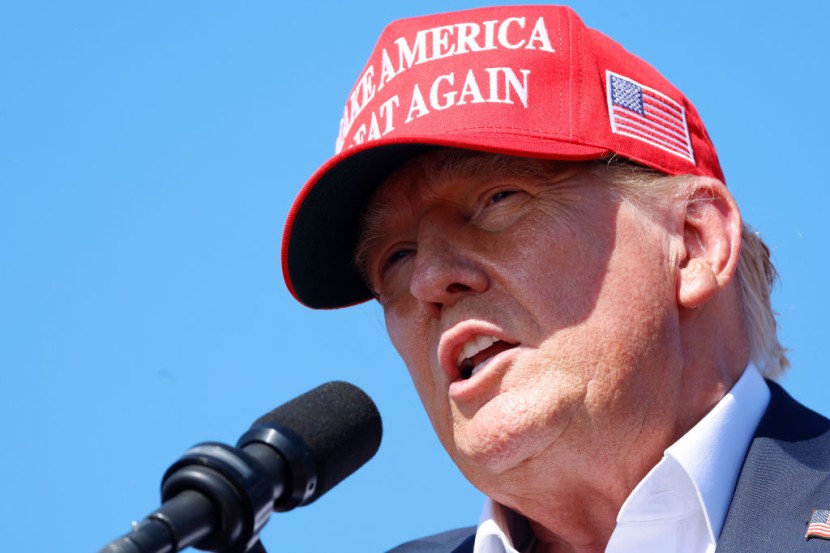
The Supreme Court ruled 6-3 on Monday to give former presidents broad immunity for being prosecuted for "official acts" while they were in office.
The case could severely hinder special counsel Jack Smith's election subversion case against President Trump.
The ruling says lower courts must decide which acts are official and which are unofficial acts. The court says those decisions can then be appealed.
Among the decisions that a lower court will have to consider is if a scheme to enlist fake electors in connection to the 2020 election was an official act by Trump or a private action.
The court also says the lower court will have to decide if Trump's badgering of Vice President Mike Pence to not certify the electoral votes was an official act.
Monday's decision could also affect a Georgia criminal case against Trump because his defense could claim that the charges involve official acts he carried out as president.
The high court's ruling essentially delays any case against Trump from going to trial before the November election. If Trump wins, he can have the federal cases against him tossed.









